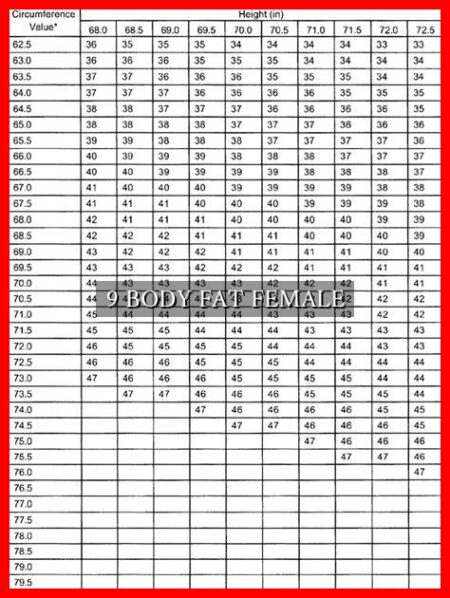-
Table of Contents
8 Functions of Fat and Oil
Fats and oils are essential components of our diet, providing us with energy, aiding in the absorption of fat-soluble vitamins, and contributing to the flavor and texture of our food. However, their functions go beyond just these basic roles. In this article, we will explore the 8 key functions of fats and oils in our bodies and in food preparation.
1. Energy Source
One of the primary functions of fats and oils is to provide us with energy. Fats are the most concentrated source of energy, providing 9 calories per gram, compared to 4 calories per gram from carbohydrates and proteins. This makes fats and oils an important component of a balanced diet, especially for individuals with high energy requirements.
2. Cell Membrane Structure
Fats and oils play a crucial role in maintaining the structure and function of cell membranes. Phospholipids, a type of fat, are a major component of cell membranes, helping to regulate what enters and exits the cell. Without an adequate intake of fats, cell membrane integrity can be compromised, leading to various health issues.
3. Absorption of Fat-Soluble Vitamins
Fats and oils are necessary for the absorption of fat-soluble vitamins A, D, E, and K. These vitamins are essential for various bodily functions, including vision, bone health, immune function, and blood clotting. Without sufficient dietary fat, the absorption of these vitamins can be impaired, leading to deficiencies.
4. Flavor and Texture
Fats and oils contribute to the flavor and texture of food. They help to carry and enhance the flavors of other ingredients, making dishes more palatable. In baking, fats and oils provide moisture and tenderness to baked goods, creating a desirable texture.
5. Heat Transfer
Fats and oils have a high heat capacity, making them ideal for cooking methods such as frying, sautéing, and baking. They transfer heat efficiently, allowing food to cook evenly and develop a golden crust. Different fats have different smoke points, which determine their suitability for various cooking methods.
6. Satiety
Fats and oils contribute to the feeling of satiety or fullness after a meal. They slow down the emptying of the stomach, helping to regulate appetite and prevent overeating. Including healthy fats in meals can help to promote weight management and overall health.
7. Insulation and Protection
Fats serve as insulation and protection for our organs, helping to maintain body temperature and cushion vital organs. Adipose tissue, or body fat, also acts as a storage depot for energy, providing a reserve in times of need. However, excess body fat can lead to obesity and related health issues.
8. Source of Essential Fatty Acids
Fats and oils are a source of essential fatty acids, such as omega-3 and omega-6 fatty acids, which the body cannot produce on its own. These fatty acids play a crucial role in brain function, inflammation, and heart health. Including sources of these essential fats in the diet is important for overall well-being.
Summary
In conclusion, fats and oils play a variety of important roles in our bodies and in food preparation. From providing energy and aiding in nutrient absorption to contributing to flavor and texture, fats are essential for overall health and well-being. By understanding the functions of fats and oils, we can make informed choices about our diet and cooking practices to optimize our health.
For more information on the benefits of fats and oils, check out this article.





